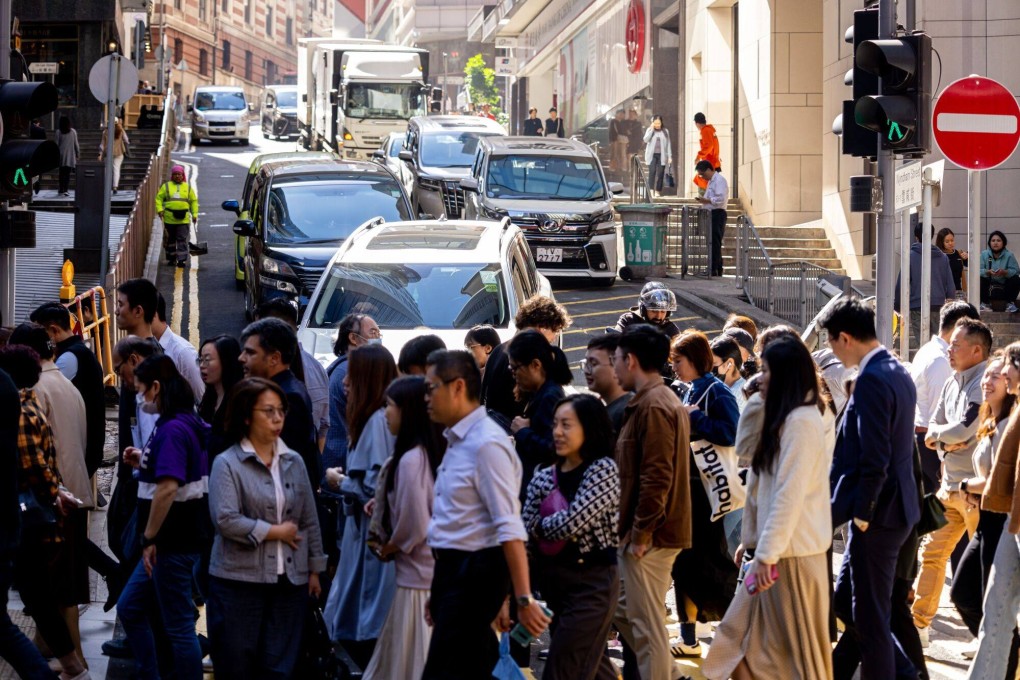The View | In a more divided world, ‘superconnector’ Hong Kong must get creative
- In a more competitive world with multiple economic hubs, the once-dominant influence of East-West superconnectors is waning
- Hong Kong must capitalise on the Greater Bay Area, Belt and Road Initiative and focus on ‘sweet spot’ sectors where China and other regions seek better cooperation

Historically, superconnector economies served important functions. Typically located at crossroads or between major economic regions, they are natural hubs for trade, investment and transport. They often have well-developed financial sectors that provide sophisticated services for cross-border transactions, streamlined customs procedures and efficient logistics networks. As such, they wield an outsize influence in facilitating global exchanges.
For these countries, the pursuit of intermediaries – whether countries or cities – to foster connections with entities beyond their immediate vicinity has become less of a priority. Some businesses are opting for a more localised approach to operations and supply chains. Nationalistic leaders have gained popularity and power, and 2024 may see an increase in protectionist-leaning economic policies.
The acceleration of digital technology has made information more easily accessible and affordable, reducing the need for intermediaries as information providers. Moreover, multinational companies now have a broader range of tools to directly connect with and transact in new countries.

